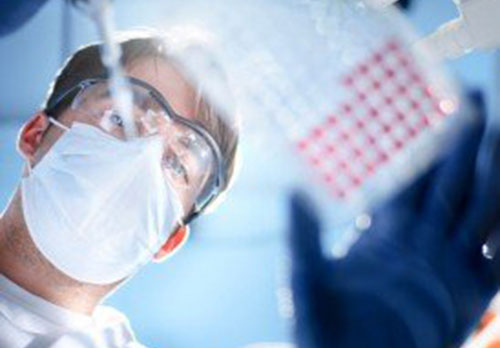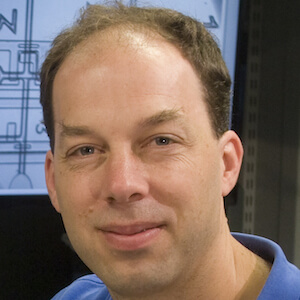Session Abstract – PMWC 2017 Silicon Valley
Session Chair Profile
INNOVATING TECHNOLOGIES THAT ENABLE PERSONALIZED MEDICINE, DRUG DISCOVERY AND NONINVASIVE DIAGNOSTICS
Ph.D., Lee Otterson Professor of engineering and professor of bioengineering, of applied physics and, by courtesy, of physics, Stanford University
Biography
Steve Quake has pioneered innovative approaches to biological measurement, including the invention of microfluidic large-scale integration, the biological equivalent of the integrated circuit, which has enabled large-scale automation of biology. He has developed applications of microfluidics in areas as diverse as structural biology, drug discovery, and molecular affinity measurements. Equally innovative in the field of genomics, Quake generated the first single-molecule human genome sequence, developed techniques to perform single cell gene expression and genome sequencing, non-invasive prenatal diagnostics, prenatal genome sequencing, non-invasive tests for heart transplant rejection, and approaches to sequence the immune system. He was also one of the first people in the world to see their own genome. Quake joined the faculty of the California Institute of Technology at age 26 and returned to Stanford University in 2005 to help launch the department of Bioengineering after having earned his B.S. in Physics and M.S. in Mathematics there in 1991. He has founded or co-founded 7 companies including Fluidigm, Helicos Biosciences, Verinata Health, and Immumetrix. Quake is an Investigator of the Howard Hughes Medical Institute, has been elected to the National Academy of Sciences, the National Academy of Engineering, the Institute of Medicine, among other institutions and is the recipient of numerous awards including the NIH Director’s Pioneer Award. He earned his D.Phil. in Physics from Oxford University in 1994 as a Marshall Scholar and conducted postdoctoral work at Stanford in single molecules biophysics.




